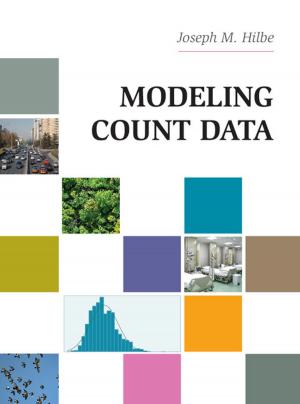What Is Intelligence?
Beyond the Flynn Effect
Nonfiction, Health & Well Being, Psychology, Personality, Cognitive Psychology| Author: | James R. Flynn | ISBN: | 9780511699412 |
| Publisher: | Cambridge University Press | Publication: | August 27, 2007 |
| Imprint: | Cambridge University Press | Language: | English |
| Author: | James R. Flynn |
| ISBN: | 9780511699412 |
| Publisher: | Cambridge University Press |
| Publication: | August 27, 2007 |
| Imprint: | Cambridge University Press |
| Language: | English |
The 'Flynn effect' refers to the massive increase in IQ test scores over the course of the twentieth century. Does it mean that each generation is more intelligent than the last? Does it suggest how each of us can enhance our own intelligence? Professor Flynn is finally ready to give his own views. He asks what intelligence really is and gives a surprising and illuminating answer. This expanded paperback edition includes three important new essays. The first contrasts the art of writing cognitive history with the science of measuring intelligence and reports data. The second outlines how we might get a complete theory of intelligence, and the third details Flynn's reservations about Gardner's theory of multiple intelligences. A fascinating book that bridges the gulf separating our minds from those of our ancestors a century ago, and makes an important contribution to our understanding of human intelligence.
The 'Flynn effect' refers to the massive increase in IQ test scores over the course of the twentieth century. Does it mean that each generation is more intelligent than the last? Does it suggest how each of us can enhance our own intelligence? Professor Flynn is finally ready to give his own views. He asks what intelligence really is and gives a surprising and illuminating answer. This expanded paperback edition includes three important new essays. The first contrasts the art of writing cognitive history with the science of measuring intelligence and reports data. The second outlines how we might get a complete theory of intelligence, and the third details Flynn's reservations about Gardner's theory of multiple intelligences. A fascinating book that bridges the gulf separating our minds from those of our ancestors a century ago, and makes an important contribution to our understanding of human intelligence.















